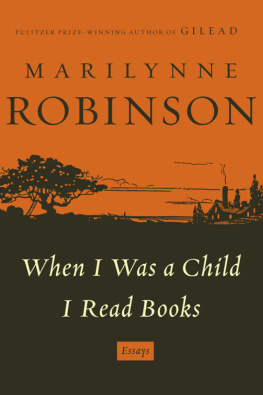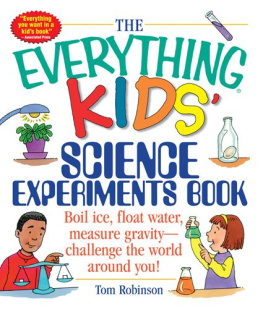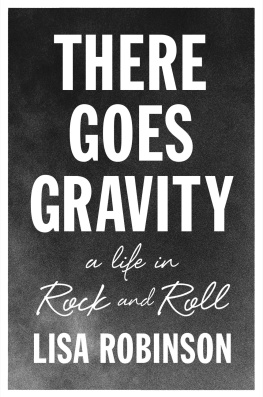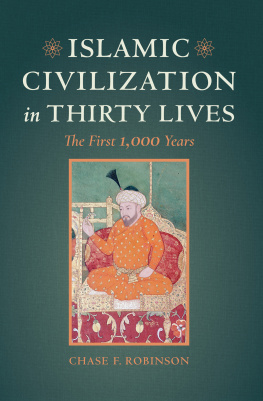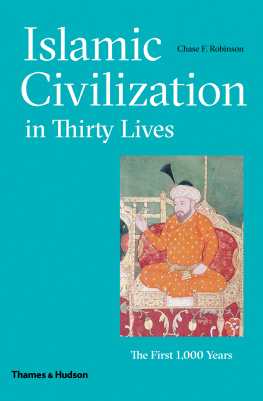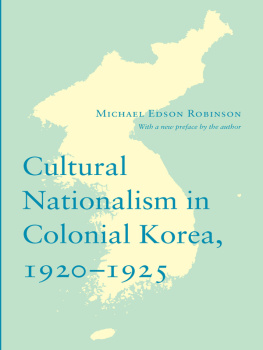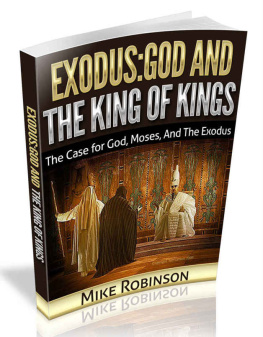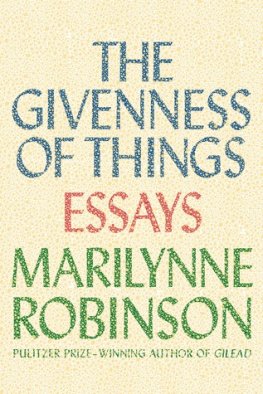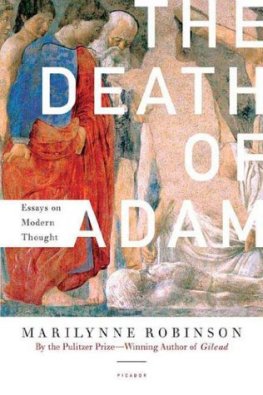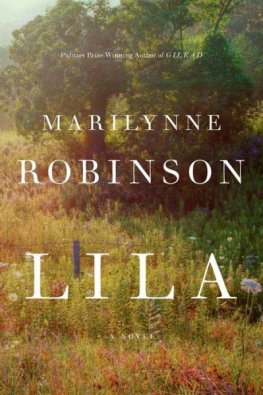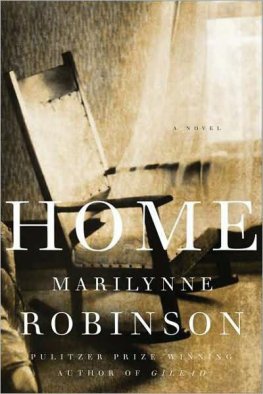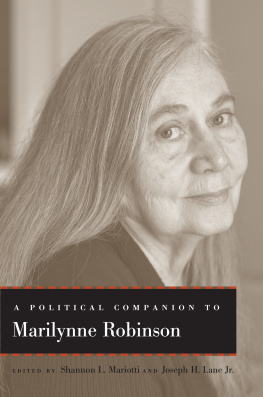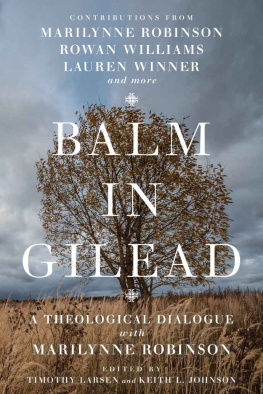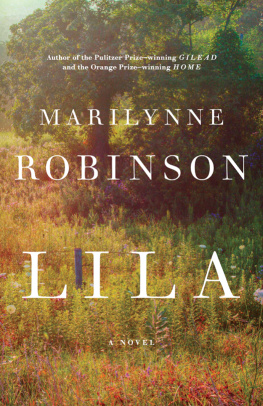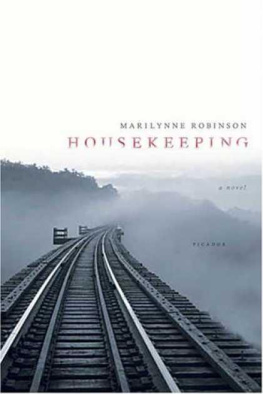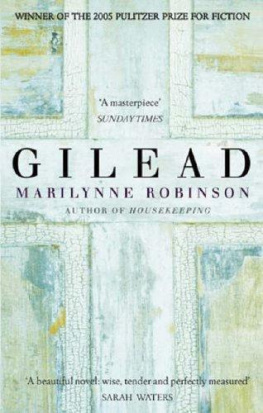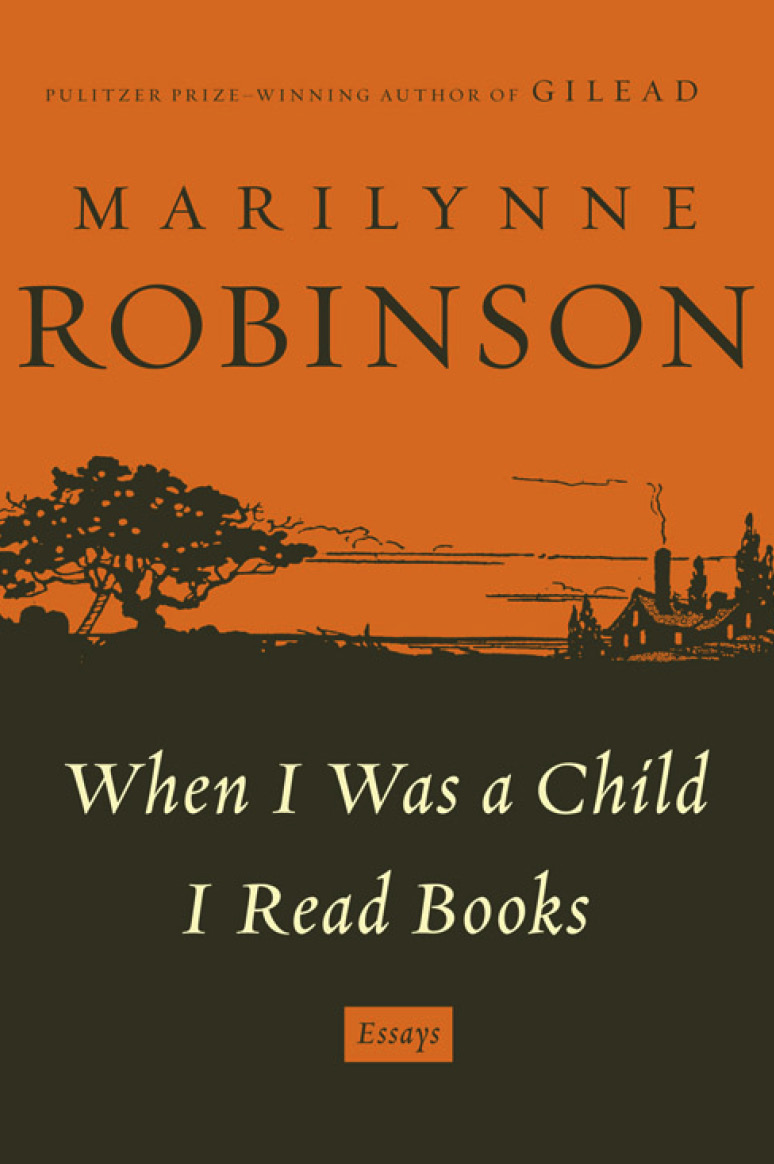Preface
Writing in 1870, Walt Whitman said, America, if eligible at all to downfall and ruin, is eligible within herself, not without; for I see clearly that the combined foreign world could not beat her down. But these savage, wolfish parties alarm me. Owning no law but their own will, more and more combative, less and less tolerant of the idea of ensemble and of equal brotherhood, the perfect equality of the States, the ever-overarching American Ideas, it behooves you to convey yourself implicitly to no party, nor submit blindly to their dictators, but steadily hold yourself judge and master over all of them. And he said, It is the fashion of dillettants [sic] and fops (perhaps I myself am not guiltless,) to decry the whole formulation of the active politics of America, as beyond redemption, and to be carefully kept away from. See that you do not fall into this error. America, it may be, is doing very well upon the whole, notwithstanding these antics of the parties and their leaders, these half-brained nominees, the many ignorant ballots, and many elected failures and blatherers. These passages come from Whitmans long essay Democratic Vistas, a virtual hymn of praise to America, and to Democracy, words which for him are interchangeable.
It is true that the period after the Civil War was a low point in American political history. And it is true also that the country came through it all at last, fairly intact by the standards that apply in such cases. This is reassuring to consider, since we now live in a political environment characterized by wolfishness and filled with blather. We have the passive pious, who feel they have proved their moral refinement in declaring the whole enterprise bankrupt, and we have the active pious, who agree with them, with the difference that they see some hope in a hastily arranged liquidation of cultural assets.
It was Whitmans faith that a great presiding spirit of Democracy would check, or correct for, the worst deficiencies of the civilization. It may indeed have been that ideal that kept us on course, or allowed us finally to find our way back to a better and healthier national life, then and in all the other periods in our history when our politics have seemed to be beyond redemption. Whitman says Democracy is a great word, whose history, I suppose, remains unwritten, because that history has yet to be enacted. It is for him like the word Nature in that its history, therefore its definition, remains partial and tentative, though some valuable phrases and paragraphs have been added from time to time.
What if we have ceased to aspire to Democracy, or even democracy? What if the words Democracy and America are severed, and no longer imply each other? It is not unusual now to hear that we have lost our values, that we have lost our way. In the desperations of the moment, justified or not, certain among us have turned on our heritage, the country that has emerged out of generations of attention to public education, public health, public safety, access to suffrage, equality under law. It turns out, by their reckoning, that the country they call the greatest on earth has spent most of its history acting against its own (great) nature, and that the enhancements of life it has provided for the generality of its people, or to phrase it more democratically, that the people have provided for themselves, have made its citizens weak and dependent. How the greatest nation on earth maintains this exalted status while burdened with a population these patriots do not like or respect is an interesting question, certainly. In any case, the return to traditional values seems to them to mean, together with a bracing and punitive severity toward the vulnerable among us, the establishment of a kind of religious monoculture we have never had and our institutions have never encouraged.
Law in seventeenth-century Maryland forbade the use of the words papist (Catholic) or round-head (Puritan), fighting words in the Old World whose effects were muted here by methods still familiar to us. We learned early to live with diversity, at least by the standards of the time. It is useful to remember that the terrible Thirty Years War (16181648) was fought among European Christians during the early period of European settlement in America, and that New England was largely populated by British Protestant refugees of religious oppression and warfare in Protestant Britain. What might look like homogeneity in nostalgic retrospect was felt and acted upon as intolerable difference justifying enormity in these cultures of origin. Our national ancestors generally managed, by the standards then prevailing, to avoid encouraging the same conflicts here. Now it is seen as un-American in certain quarters to reject participation in the bitter excitements that can surround religious difference. This is a crucially important instance of self-declared patriots attacking the very substance of our heritage.
We have seen bad times and we will see more of them, like any other human community. The question is always whether America is indeed doing well upon the whole, whether the civilization at any present time is strong and resilient enough to sustain itself despite the crisis of the moment, or the decade, or the generation, and despite the bent toward malice and nonsense that is always present anywhere but seems harder to resist during periods of crisis.
What has been the basis of the enduring health that has so far made for the stability and the dynamism of the country? It is always necessary to stipulate, though of course it should be assumed, that a statement like this one implies comparison with the human norm, not with Utopia. As societies go, we have enjoyed the kind of prosperity and advancement that is possible only where there is domestic peace. We have managed this at the same time that we have created a population whose origins are increasingly various. The canard that associates heterogeneity with conflict and instability would have to be reexamined if comparison were made between America and countries that claim to be homogeneous or insist that they must be. The modern history of Europe is highly relevant here.
We are blessed with the impossibility of arriving at a definition of America that is either exhaustive or final not only because of our continuously changing and self-transforming population but also, as Whitman says, because we have never fully achieved democracy. This is a very reasonable light in which to consider a mingled heritage, full of lapses and errors and therefore often said to be hypocritical or failed, even by those who see themselves as its defenders. By Whitmans lights this process of discovery, with all its setbacks, is a splendid, metaphysically brilliant passage in human history. It is moved by the power of religious imperative because it honors and liberates the sacred human person. He says:
There is, in sanest hours, a consciousness, a thought that rises, independent, lifted out from all else, calm, like the stars, shining eternal. This is the thought of identityyours for you, whoever you are, as mine for me. Miracle of miracles, beyond statement, most spiritual and vaguest of earths dreams, yet hardest basic fact, and only entrance to all facts. In such devout hours, in the midst of the significant wonders of heaven and earth, (significant only because of the Me in the centre,) creeds, conventions fall away and become of no account before this simple idea. Under the luminousness of real vision, it alone takes possession, takes value.

